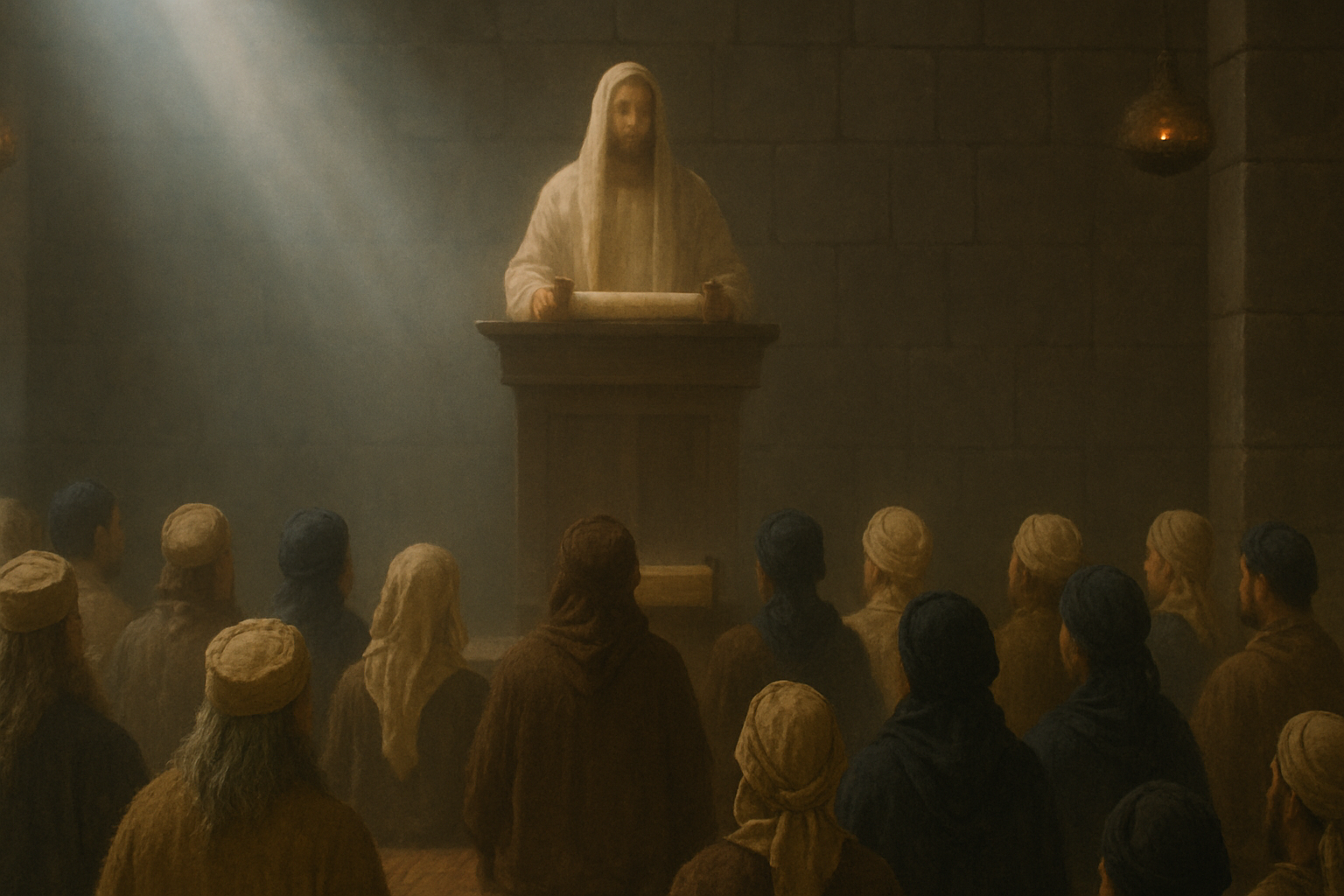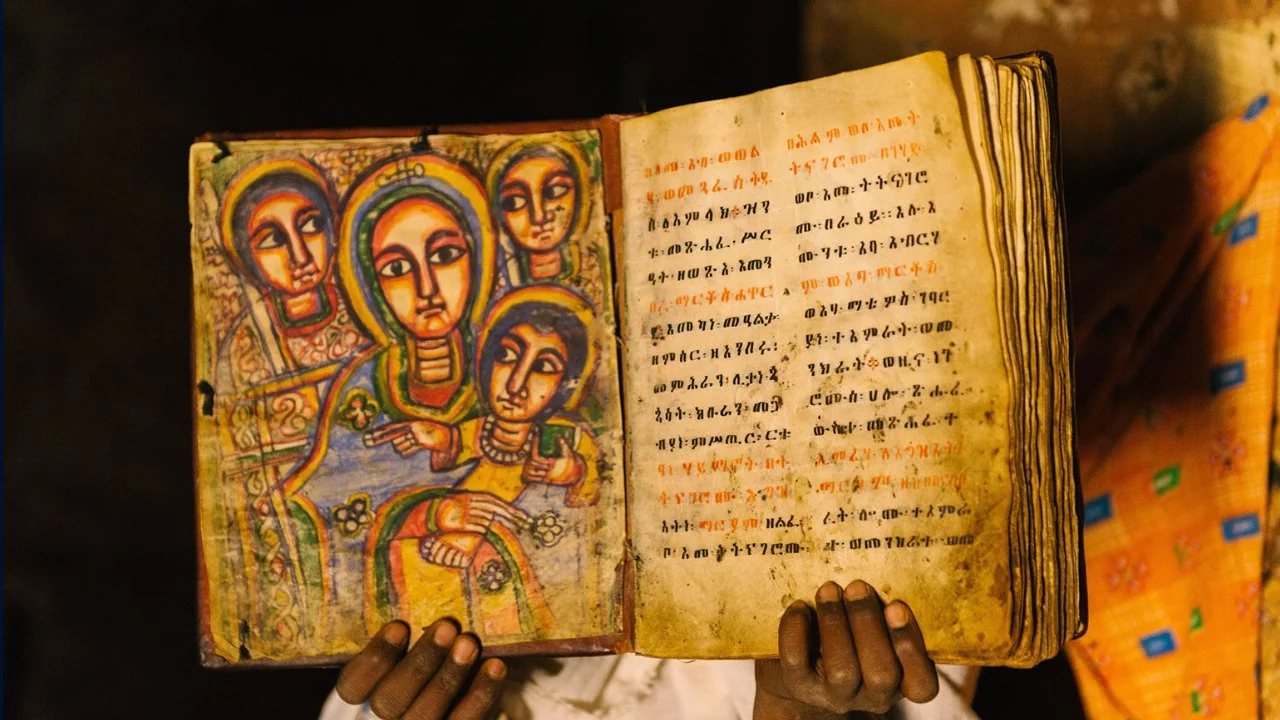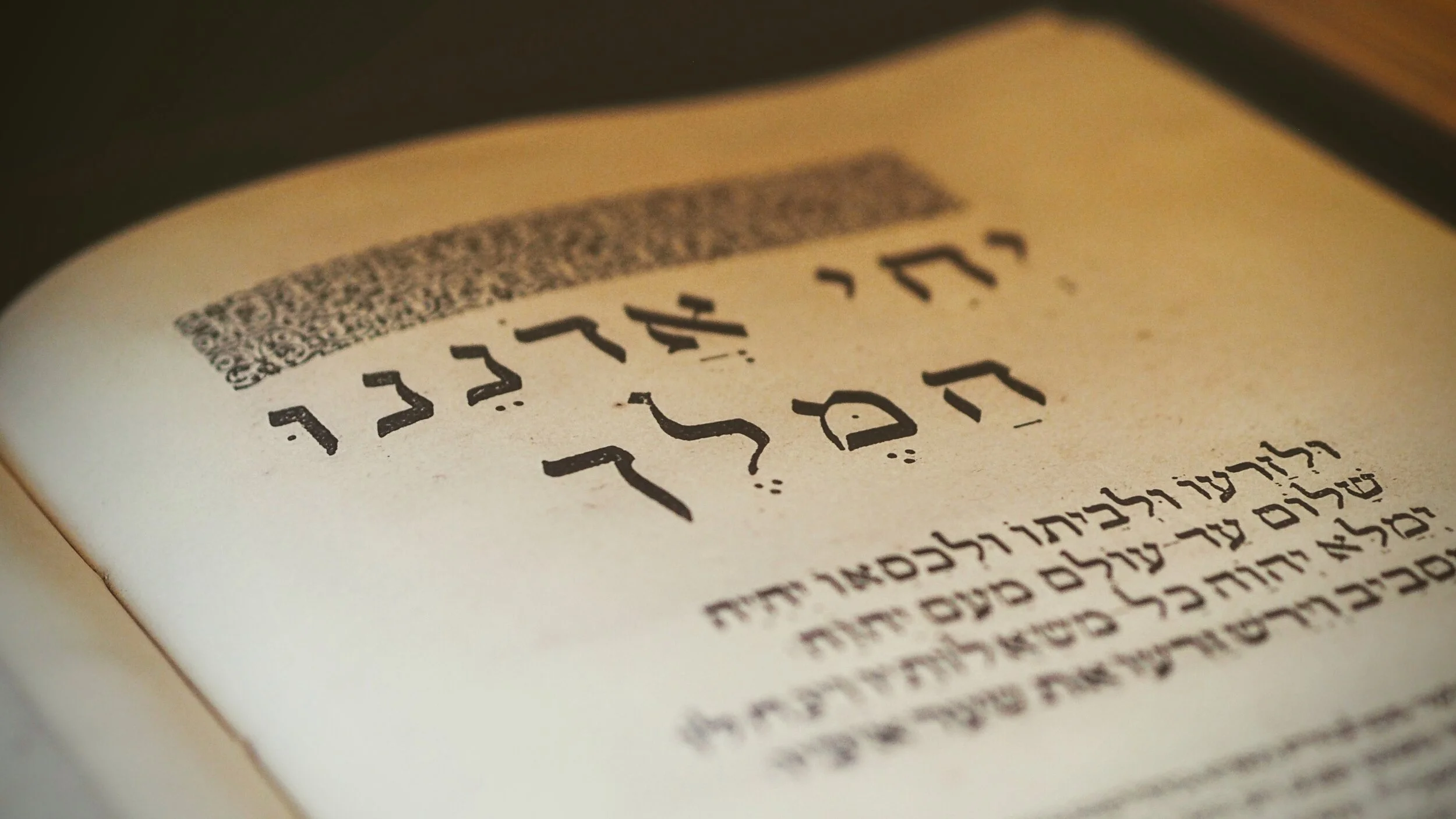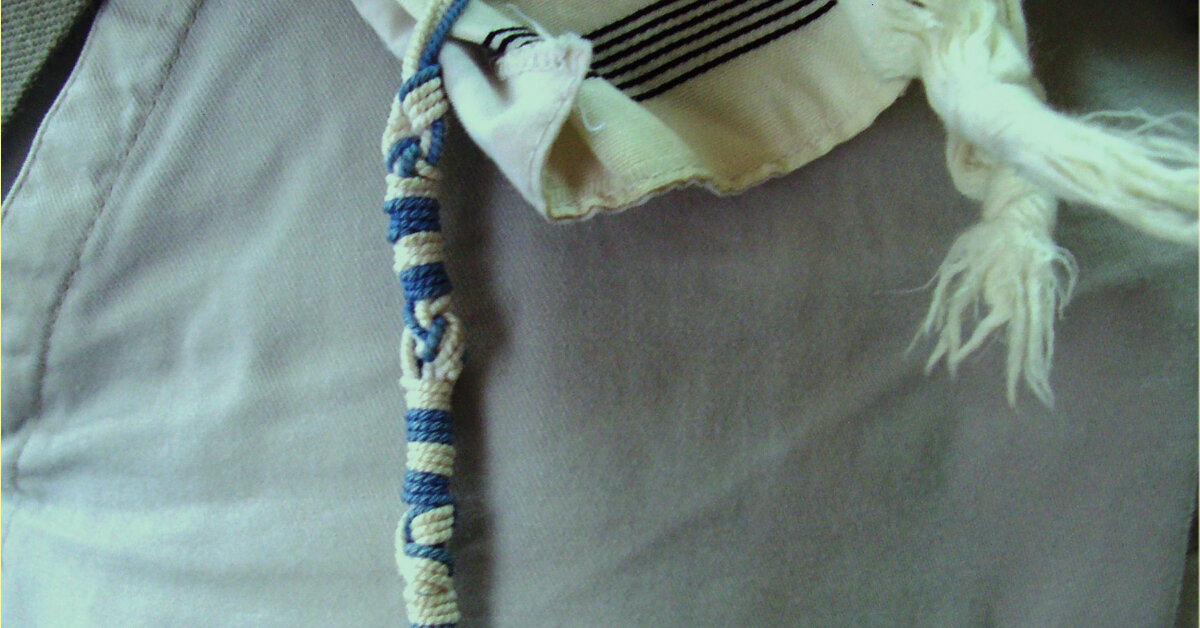Author: David Wilber
On the Hebrew Calendar, the month before the fall feast days is called Elul. In Judaism, this month is traditionally associated with the theme of repentance, or in Hebrew, teshuvah. It’s a time of introspection, reconciliation, and preparation.
Many people think of repentance as simply turning away from sin. However, the biblical concept of teshuvah is much deeper than that. Turning away from sin is certainly part of it, but the focus is different. Teshuvah literally means to "return." The goal is essentially to return to the Lord—that is, restore unhindered fellowship with Him. It is a divine invitation to the prodigal son (that’s us) to come back home and embrace the Father’s presence. And that heart to return to God is the actual process by which we turn away from sin.
But thanks be to God, that you who were once slaves of sin have become obedient from the heart to the standard of teaching to which you were committed, and, having been set free from sin, have become slaves of righteousness. (Romans 6:17-18)
Why is teshuvah so important? Because drawing closer to God every day is the very purpose of life! A marriage relationship doesn’t stop once the bride and groom say, “I do.” Marriage is a lifelong commitment in which a couple grows closer together through love, sacrifice, making mistakes, and asking for forgiveness. Likewise, we should constantly be growing in our love and devotion to God. And not only because He’s worthy of our worship. Don’t get me wrong, He is worthy. And if that were the only reason, it would certainly be enough. But in addition to that, He’s our Bridegroom. He desires true, spiritual intimacy with His Bride.
It’s no wonder that Elul is an acronym for the phrase, Ani L’Dodi V’Dodi Li, or in English, “I am my beloved’s and my beloved is mine.” Why is that significant? Because that phrase is from the Song of Solomon, which is the story of the Bridegroom coming for His Bride. That is the picture the Bible gives us of our relationship with God.
This life is all about preparing for a marriage. And the month of Elul is a wake-up call for believers to refocus on what’s most important.
The season of teshuvah begins at the beginning of Elul and goes all the way to Yom Kippur, the holiest day of the year on God’s calendar. Yom Kippur is a day of fasting, prayer, and repentance. Furthermore, it symbolizes the future Day of Judgment when Yeshua (Jesus) will come back and judge the earth. (And on that day we definitely don’t want to be found with any bitterness, jealousy, selfishness, or pride!) Following Yom Kippur is the feast of Sukkot, which symbolizes the wedding feast of the lamb. When we observe these special times on God’s calendar, we are essentially practicing for our future wedding day with Yeshua. Therefore, think of this season of teshuvah as a wedding rehearsal. Yeshua is coming back for a Bride “without spot or wrinkle.” We better be prepared!
With that said, according to tradition, there are four steps of teshuvah. Let’s go through each of them below.
1) Acknowledge and forsake your sin
The month of Elul is supposed to be a time of introspection. In fact, in Aramaic, the word Elul means to “search.” During this season of teshuvah, we are to ask God to search us and expose anything that offends Him.
Search me, O God, and know my heart! Try me and know my thoughts! And see if there be any grievous way in me, and lead me in the way everlasting! (Psalm 139:23-24)
Ask yourself these questions: Do I really know Yeshua personally? Do I truly love God with all my heart, mind, soul, and strength? Do I truly love my neighbor as myself? Am I offending God by what I do, think, or say?
Once your sins are exposed, the first step is to forsake them. You have to truly desire to give them up. This is a difficult task for many people. It can result in an identity crisis as we begin to give up destructive habits and deep-seated character deficiencies from which God wants to deliver us. Nevertheless, it’s worth it for the sake of having unhindered fellowship with God.
2) Regret the transgression
Our king desires humility and honesty. When we feel sorrow for hurting our spouse, parents, or close friends, they should be able to see our sincerity. If we’ve deeply hurt someone, it’s not enough just to say, “Sorry.” Sometimes we have to fall on our knees. Sometimes we have to allow our eyes to shed tears. Regretting our transgression is a crucial step towards restoring a relationship.
If we do this with each other, how much more should we with God? When we pray and ask God for forgiveness for our sins, it should be sincere. We might consider physically bowing down and displaying genuine humility and regret for our offenses.
The sacrifices of God are a broken spirit; a broken and contrite heart, O God, you will not despise. (Psalm 51:17)
Elul is a time to just be real. Being open and honest with your emotions might be difficult, but it’s important for healing and growth.
3) Confess the transgression and make amends with those whom you've hurt
If we confess our sins, he is faithful and just to forgive us our sins and to cleanse us from all unrighteousness. (1 John 1:9)
Nothing is more liberating than “coming clean.” Confessing your sins to God and others is an essential step of teshuvah. The Bible says that confession and prayer bring healing (James 5:16). Healing also comes by making amends with those whom you’ve sinned against.
So if you are offering your gift at the altar and there remember that your brother has something against you, leave your gift there before the altar and go. First be reconciled to your brother, and then come and offer your gift. (Matthew 5:23-24)
You can acknowledge that you’ve hurt others all day long, but until you actually do something about it, it’s basically meaningless. As James says, “Faith without works is dead.” Therefore, as much as possible, you must pursue to make things right with your fellow man. If you’ve sinned against your wife, you should bring home some flowers and a card. If you’ve sinned against your husband, you should make him his favorite meal for dinner. Do what you have to do to make amends. That’s what this season of teshuvah is all about.
4) Accept God's forgiveness and move forward in faith
The problem that many people face when it comes to teshuvah is that they don’t follow through to this final step. People will often get stuck in regret and never move forward. Satan tries to twist your emotions and use them against you to lead you to self-condemnation and depression. He knows that if he can keep you from moving forward, you will be rendered useless to God’s Kingdom. Don’t believe Satan’s lies. When you received the Lord, you were adopted into God’s family. Your Father loves you and is always willing to forgive you when you turn back to Him.
There is no condemnation for those in Christ Jesus. (Romans 8:1)
Biblical teshuvah requires pressing on toward the goal. Therefore, accept your forgiveness. Accept your identity as a child of God and disciple of Yeshua. Walk in faith and shalom (peace) and be comforted by the divine presence of God.
Brothers, I do not consider that I have made it my own. But one thing I do: forgetting what lies behind and straining forward to what lies ahead, I press on toward the goal for the prize of the upward call of God in Christ Jesus. (Philippians 3:13-14)
May this Season of Teshuvah bring healing to your relationships with your fellow man and a more intimate relationship with Yeshua. Be blessed as you prepare for the fall feasts!
About David Wilber
David is first and foremost a passionate follower of Yeshua the Messiah. He is also a writer, speaker, and teacher.
David’s heart is to minister to God’s people by helping them rediscover the validity and blessing of God’s Torah and help prepare them to give an answer to anyone who asks about the hope within them (1 Peter 3:15)…

































